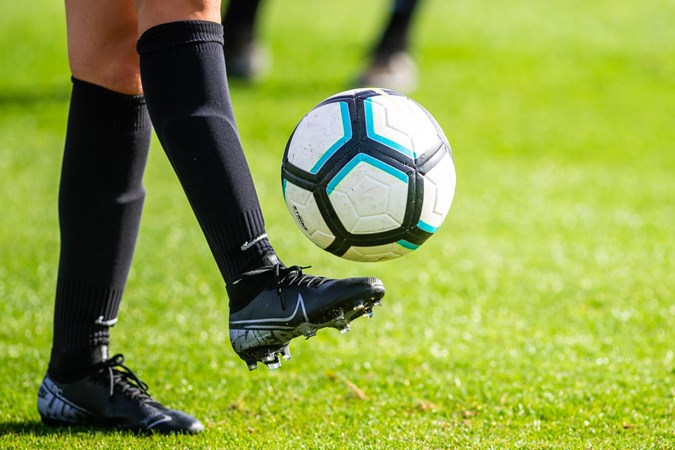Soccer Betting Strategies: Analyzing Team Performance for Profitable Wagers
The science behind betting on soccer involves a complicated web of variables. Bettors are influenced by superstitions, cognitive biases and other factors that may be a surprise to them. These influencers are vital to avoid betting that is irrational.
The most well-known live-betting method is to wager on the team you believe will prevail, and then slow down and then abandon the first opportunities. It is possible to earn huge payouts for this kind of bet.
Cognitive biases
A bias towards sports betting can lead to poor judgment. It can also cause problems with gambling, as well as addictive behavior that include chasing loss. If you are able to discern and defeat these biases you will be able make better decisions.
The most well-known mental biases that can be found in betting on sports is confirmation bias. This makes people seek data that supports their assumptions and ignore facts that contradict them. This is a risk for football betting, as it could cause bettors to ignore important data or to misinterpret data. The overconfidence of a person can lead to bettors dismissing expert opinion or thinking they know more than anyone else. This can lead to unwise decisions and loss of money. In order to overcome this bias Be open-minded. Look for different perspectives. This will allow you to avoid confirmation bias and other cognitive mistakes in soccer betting.
Influence emotional
The enthusiasm for soccer is a powerful factor that draws millions of players and fans into the betting world. Bettors can be affected by the thrill of winning and losing, along with their emotional state. This emotional impact can be a trigger for compulsive or dangerous betting.

Researchers studied the influence of emotion regulation motives and trait affective impulsivity on in-play sports betting through three cross-sectional studies conducted following the significant sporting events such as Superbowl LVI (Study 1), March Madness Final (Study 2) as well as the Union of European Football Association Champions League Final (Study 3). The findings showed that players betting in play experienced higher level of excitement than those who did not.
The secret to overcome psychological biases in football betting is to control your self. This requires discipline, logic analytical thinking and cognition. With self-control as a priority, players remain loyal to their predetermined betting strategies and budgets and beware of the temptation to chase losses.
Strategies for betting on football
Making a strategy for betting on soccer can assist you in making better decision when betting on the most watched bongdawap lich thi dau game. The best strategies involve a exhaustive analysis of the team’s and players’ statistics as well as performance trends. The strategies include techniques to reduce the cognitive biases, like the “gambler’s Fallacy”.
A second strategy is to analyze matchups and discover the betting opportunities that will be most profitable. You should take into consideration your past performances at home and on the road, as well as head-to-head matches and table positions. Beware of over-betting, which can be a cause of massive loss.
Parlays can be a method of betting for intermediate bettors that combines several bets into one. But, it’s important to note that the odds of constructing a winning parlay are extremely low. As a result, it is recommended to limit your parlays to three or more games. There is a better chances of winning if you restrict parlays to three plus games. Don’t bet on teams that sacrifice early lead because these bets have usually small chances of winning.
Social Factors
A number of factors can affect an individual’s decision to place bets on sports. This includes gender, age, perceptions of gambling and an impulsive nature. These issues can be accompanied by erroneous belief systems as well as emotional ties. It has been proven by research the fact that these elements can contribute to a greater likelihood of developing gambling disorder.
Sports betting is a favorite activity for athletes who want to earn some money, alleviate stress or just have a bit of fun. The activities can have negative impacts on the physical and mental health of athletes. It is possible to reduce the risk by limiting their involvement as well as seeking assistance when they are experiencing problems.
A variety of studies investigated the correlations of sport betting. They also examined sociodemographic variables along with gambling-related issues, as well as psychological disorders that are co-existing. These studies did not analyze the factors that increase risk for betting among people with clinically diagnosed Gambling Disorder/Problematic Gambling Disorder (GD). So, this systematic review was conducted to gather specific clinically pertinent information about the connection between GD and sport-related gambling.